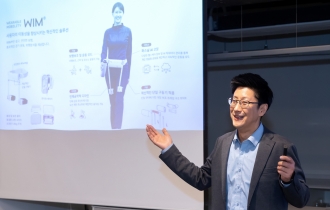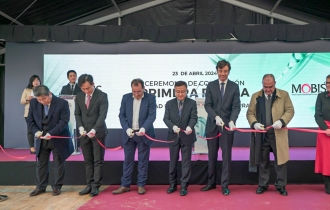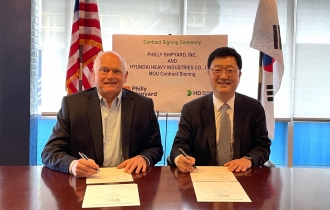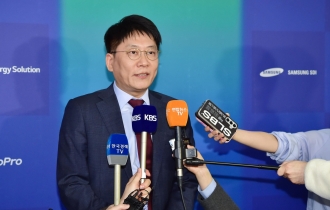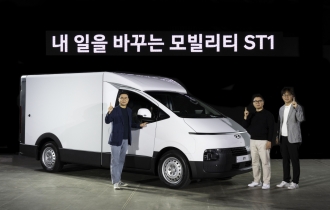Has Korea become too much for GM Korea?
[THE INVESTOR] Old rumors of GM Korea’s potential pullout from South Korea recently resurfaced to a new level, following moves and comments made by the automaker’s global control tower.
Last week, General Motors International President Barry Engle visited Korea, following a trip made last month, although the details of his meetings here remained undisclosed. GM CEO Mary Barra, meanwhile, also publicly called Korea a challenge last week during a conference call, eluding to potential changes and restructuring.

GM CEO Mary Barra
The latest events immediately sparked follow-up speculations to figure out the difficulties faced by GM Korea with some even acting fast to question the automaker’s “ulterior” motive.
According to industry insiders, the obvious challenges are rising labor costs, dropping domestic sales as well as research and development expenses.
GM Korea’s labor union has been calling for bigger paychecks despite continued poor sales that dropped 12.2 percent year-over-year to 524,547 units last year.
Base wage level of GM Korea employees rose 2.5 times last year from 2002, and total labor cost rose over 50 percent in 2015 from 2010, according to GM Korea.
Last month unionized workers and the company settled wage terms at 50,000 won rise in basic monthly salary, a 6 million won lump-sum payment and a 4.5 million won performance bonus, the company said.
“GM Korea is no longer an attractive production base due to high labor cost dragging down its competitiveness,” said Lee Hang-koo, a senior researcher at the Korea Institute for Industrial Economics & Trade.
Research and development expenses is also raising questions over GM’s management.
According to Financial Supervisory Service, GM Korea spent a total 614.1 billion won on research and development in 2016, exceeding an operating loss of 521.9 billion won.
The latest events have also fanned news reports suggesting that GM was playing with the withdrawal card to negotiate out support from the Seoul government.
During a parliamentary inquiry held on Feb. 9, Vice Finance Minister Ko Hyoung-kwon said “I met with president Barry Engle. GM explained about its overall business situation here, future development plans, and requested government cooperation.”
State-run Korea Development Bank, for its part, denied reports that GM had asked for government support to help it increase capital by acquiring newly issued stocks, which would cost some 500 billion won. Korea Development Bank is GM Korea’s second-largest shareholder with 17.02 percent shares.
Calls are now growing to look more into the automaker’s financial situations.
“Before offering support the government should look into the company’s financial records, which it is refusing to share. GM can pull out of the country as it has done in Australia in the past,” Lee Hang-koo said.
Korean authorities may inspect financial records of GM Korea following arguments that GM Korea has paid excessively high interest rates to its headquarters, local reports have said.
GM Korea borrowed 2.4 trillion won with a 5 percent annual interest rate from headquarters in 2013. This had resulted in interest payments of 462 billion won between 2013 and 2016.
Due to its low credit rating, local banks had been reluctant to loan money to the local unit, according to the company.
By Kim Bo-gyung/The Korea Herald (lisakim425@heraldcorp.com)
EDITOR'S PICKS
- KGC eyes broader customer base with Lim Young-woong
- Korean robot startup aims to transform human walking
- Coway launches Berex massage bed with enhanced usability
- Hyundai Mobis breaks ground for W170b Spain plant
- HD Hyundai teams up with Norway's Philly Shipyard for US footing
- Hanwha Life taps into global banking through Indonesian investment
- LG Energy Solution vows stern action to protect patent rights
- Hyundai unveils versatile commercial EV platform







